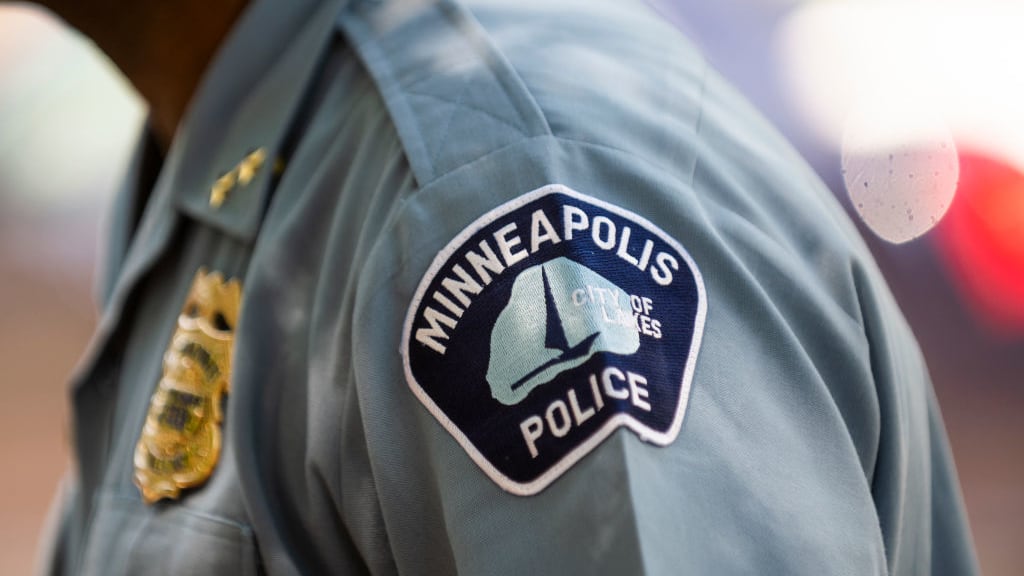A scathing report released by the DOJ on Friday exposed a slew of troubling conduct by the Minneapolis Police Department—revealing “systemic problems” of excessive force and discrimination that preceded George Floyd’s murder by cops in 2020.
The report was conducted by the feds in the aftermath of Floyd’s slaying, totaling 89 pages after a two-year probe into the embattled department.
“Our investigation found that the systemic problems in MPD made what happened to George Floyd possible,” the report stated.
Among the most shocking revelations was that Minneapolis cops patrolled neighborhoods differently based on the racial makeup of its residents—increasing their presence and arrests in areas made up of Black and Native American people.
The feds accused Minneapolis police of using “dangerous tactics and weapons,” like neck restraints and Tasers, on people accused of a petty crime or no offense at all—much like what happened to Floyd before his encounter turned deadly.
The report also uncovered that Minneapolis police regularly retaliated against those who criticized the department, and sometimes singled out those with behavioral health disabilities to give harsher punishment.
Attorney General Merrick Garland announced the report’s release in a press conference Friday, summarizing it by saying, “Patterns and practices we observed made what happened to George Floyd possible.”
Garland said the investigation revealed violations of the first and fourth amendments, as well as Title VI of the Civil Rights Act of 1964, the Safe Streets Act, and the Americans with Disabilities Act by the department.
The report said the department’s response to misconduct issues were as bad as the conduct itself. It called the department’s accountability structures “fundamentally flawed,” adding that internal probes were lost in an “opaque maze,” with department leaders routinely dismissing legitimate complaints without investigation.
“These systemic issues didn’t just occur on May 25th, 2020,” Garland said, referencing Floyd’s murder. “There were instances like that being reported by the community long before that.”
Garland said the DOJ came to an agreement with Minneapolis cops to negotiate toward a consent decree—a court-enforceable reform agreement that’d force the department to better its practices and policies or face consequences. It’s unclear when the decree is expected to be enacted, or what its exact orders will be.
“The community will be deeply engaged every step of the way,” Assistant Attorney General Kristen Clarke said about the decree. “We will take an input from the community, from stakeholders, and from law enforcement.”
Brian O’Hara, Minneapolis’ police chief since September, told reporters Friday that he’s “incredibly thankful” the DOJ did a “deep dive” into his department’s issues.
“Out of the darkness and trauma our residents and our police officers have experienced over the last three years, we will emerge as a beacon of light for the rest of the world,” he said.







